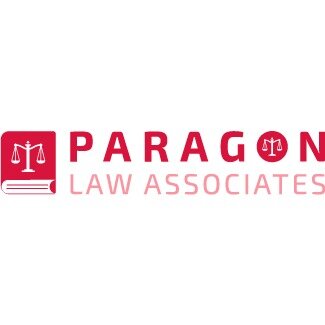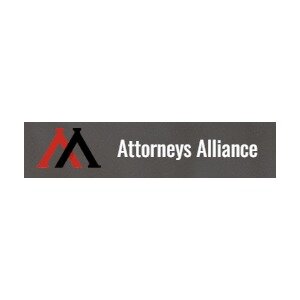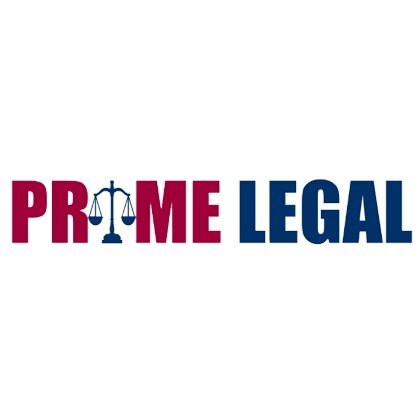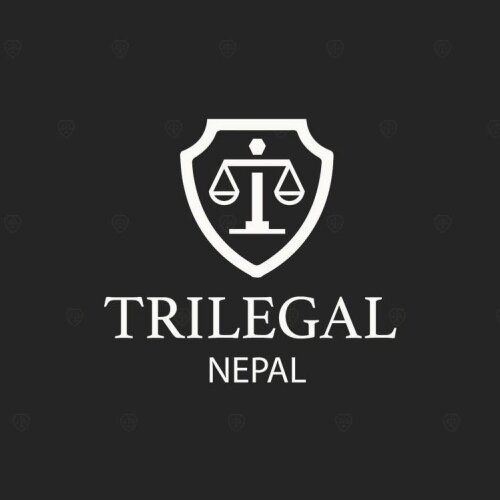Best Energy Regulatory Law Lawyers in Kathmandu
Share your needs with us, get contacted by law firms.
Free. Takes 2 min.
List of the best lawyers in Kathmandu, Nepal
About Energy Regulatory Law in Kathmandu, Nepal
Energy Regulatory Law in Kathmandu, Nepal, governs the generation, transmission, distribution, and utilization of energy resources such as electricity, hydropower, renewable energy, and alternative fuels. This area of law seeks to create a fair, transparent, and secure regulatory framework for both private sector investors and public entities. Regulation ensures that the supply of energy meets safety, environmental, and economic standards while promoting investment and ensuring consumer rights. Key government agencies and legislative acts form the backbone of Nepal’s energy regulatory system, particularly as Kathmandu evolves as the central hub for energy development initiatives in the country.
Why You May Need a Lawyer
Engaging a lawyer specializing in energy regulatory law is crucial for individuals and organizations involved in the energy sector. Common situations where legal help may be required include:
- Seeking permits or licenses for energy projects, including hydropower or solar energy installations
- Complying with environmental, safety, and technical standards during project development and operation
- Drafting and reviewing power purchase agreements and other energy-related contracts
- Resolving disputes between project developers, government authorities, and consumers
- Navigating tariff setting and regulatory issues for electricity distribution and sales
- Addressing land acquisition and compensation matters for energy infrastructure
- Representing interests before regulatory agencies or in arbitration processes
- Understanding incentives and subsidy programs provided for renewable energy projects
Local Laws Overview
Energy regulatory law in Kathmandu is governed primarily by the Electricity Act, Electricity Regulation, Nepal Electricity Authority Act, and related bylaws. The Nepal Electricity Regulatory Commission (NERC) is the principal regulator overseeing licensing, tariff determination, and enforcement of regulatory standards.
Some key aspects to consider include:
- Requirement for government approval and licensing for generation, transmission, and distribution projects
- Power purchase agreements must comply with nationally set guidelines and require NERC approval
- Tariffs for both large and small-scale producers are regulated to balance fair investment returns with consumer interests
- Rigorous environmental impact assessment processes for all major energy projects
- Foreign investment in energy projects is encouraged but must comply with specific regulatory and ownership restrictions
- Regulations are regularly updated, especially to promote renewable energy and innovative technologies
Frequently Asked Questions
What is the main regulatory authority for energy projects in Kathmandu?
The Nepal Electricity Regulatory Commission (NERC) is the main authority responsible for regulating energy projects, including licensing, tariff rates, and compliance monitoring within Kathmandu and nationwide.
Do I need a government license to develop a hydropower or solar project?
Yes, all energy generation projects in Nepal, including hydropower and solar PV installations, require licensing from relevant government authorities in addition to clearances from the NERC.
How are electricity tariffs set for consumers and producers?
Tariffs are determined by NERC based on cost, investment recovery, and consumer protection principles. Producers and distributors must apply for tariff determination or revision, and the process involves public consultations.
What environmental regulations affect energy projects in Kathmandu?
Major energy projects require an environmental impact assessment (EIA) or an initial environmental examination (IEE) as mandated by Nepal’s environmental laws. Approval from the Ministry of Environment and other agencies is necessary before commencing work.
Are there government incentives for renewable energy projects?
Yes, Nepal offers various incentives such as subsidies, tax waivers, and technical support for renewable energy projects, subject to the type and scale of the project and compliance with necessary regulations.
Can foreign investors participate in energy projects in Kathmandu?
Foreign investment is permitted, particularly for large-scale energy projects. Investors must comply with the Foreign Investment and Technology Transfer Act and obtain required clearances from the Department of Industry and other relevant bodies.
How can disputes in the energy sector be resolved?
Disputes related to licensing, tariffs, contracts, or service quality can be filed with NERC or, in certain cases, resolved through arbitration or courts, depending on the contract terms and nature of the dispute.
Is land acquisition for energy projects regulated?
Yes, land acquisition for energy projects involves a legal process to ensure proper compensation and relocation when necessary. Developers must follow the Land Acquisition Act and obtain necessary approvals from government agencies.
What documentation is needed for a new energy project application?
Applicants must prepare detailed project reports, environmental assessments, financial projections, and land ownership proofs, among other documents, depending on the project's size and energy source.
Where can I find updated laws and regulations related to energy in Kathmandu?
The Nepal Gazette, NERC publications, and Ministry of Energy, Water Resources and Irrigation regularly publish updated laws, notices, and regulations. Consulting a licensed energy law professional is also recommended for up-to-date advice.
Additional Resources
- Nepal Electricity Regulatory Commission (NERC) - Responsible for regulation and supervision of energy projects, tariffs, and licensing in Nepal.
- Ministry of Energy, Water Resources and Irrigation - Main policymaker for energy development and regulation.
- Nepal Electricity Authority (NEA) - Manages electricity generation, distribution, and transmission at the national level.
- Alternative Energy Promotion Centre (AEPC) - Supports renewable energy development and subsidy programs.
- Federation of Nepalese Chambers of Commerce and Industry (FNCCI) - Energy sector representation, advocacy, and support for private investors.
- Nepal Bar Association - Professional association where you can find qualified energy law practitioners.
Next Steps
If you need legal assistance in energy regulatory law in Kathmandu, Nepal, consider taking the following steps:
- Clearly define your objectives, such as whether you are applying for a license, entering into a contract, or facing a regulatory dispute
- Gather all relevant documentation, including land records, financial plans, technical project details, and previous correspondence with authorities
- Consult an experienced energy regulatory lawyer who understands the local landscape and legal requirements
- Reach out to relevant government agencies such as NERC or the Ministry of Energy for guidance or to initiate formal applications
- Stay informed about ongoing regulatory changes by following official publications and professional newsletters
- Maintain clear records of all submissions and communications with authorities to streamline your legal process
Taking these steps will help ensure compliance, protect your interests, and successfully navigate Kathmandu’s complex energy regulatory environment.
Lawzana helps you find the best lawyers and law firms in Kathmandu through a curated and pre-screened list of qualified legal professionals. Our platform offers rankings and detailed profiles of attorneys and law firms, allowing you to compare based on practice areas, including Energy Regulatory Law, experience, and client feedback.
Each profile includes a description of the firm's areas of practice, client reviews, team members and partners, year of establishment, spoken languages, office locations, contact information, social media presence, and any published articles or resources. Most firms on our platform speak English and are experienced in both local and international legal matters.
Get a quote from top-rated law firms in Kathmandu, Nepal — quickly, securely, and without unnecessary hassle.
Disclaimer:
The information provided on this page is for general informational purposes only and does not constitute legal advice. While we strive to ensure the accuracy and relevance of the content, legal information may change over time, and interpretations of the law can vary. You should always consult with a qualified legal professional for advice specific to your situation.
We disclaim all liability for actions taken or not taken based on the content of this page. If you believe any information is incorrect or outdated, please contact us, and we will review and update it where appropriate.

















